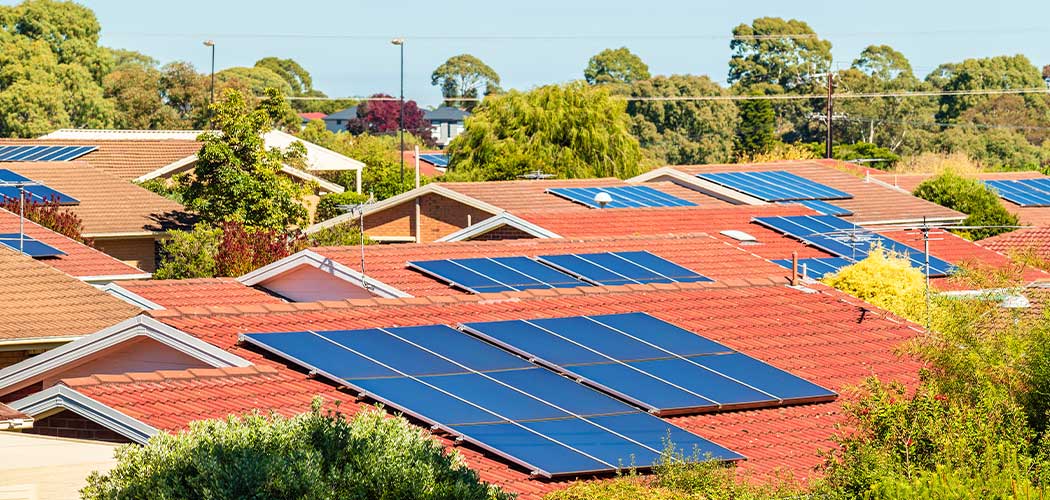The federal government will reduce the cost of installing a typical home battery by 30% from 1 July 2025, if re-elected at next month’s election.
The $2.3 billion Cheaper Home Batteries Program, announced over the weekend, will slash energy bills for households, small businesses and community facilities by up to 90%, according to the government.
Analysis by the Department of Climate Change, Energy, the Environment and Water found a household with existing rooftop solar could save up to $1,100 off their power bill every year, and a household installing a new solar and a battery system could save up to $2,300 a year – up to 90% of a typical family electricity bill.
The government expects over one million new batteries to be installed by 2030 under the scheme.
ANMF Climate Change Officer Catelyn Richards welcomed the bold, future-focused initiative, highlighting the importance of battery storage for health and climate resilience.
“Having battery storage means reliable energy storage,” said Ms Richards.
“This will be a safety net for our communities—it helps keep the lights on no matter the weather and powers the systems that keep people safe and well. As a nurse, I know how critical stable power is for many who manage their medical conditions at home, particularly when there are interruptions to power supply from weather. This investment is a smart, forward-looking move. It’s a win for health, for the planet, and for every Australian household.”
The Australian Council of Trade Unions (ACTU) also welcomed the new policy, describing it as another significant step by the Albanese Government,
“This new pledge builds on significant existing programs which makes low-cost finance and subsidies available to Australians to upgrade their homes with battery-ready solar panels. It will also complement new energy upgrade programs for renters, apartment dwellers, and social and community housing,” ACTU President, Michele O’Neil said.
“Together, these measures will mean cheaper energy bills, not just for homes with batteries, but for the entire grid. Batteries take pressure off during peak times, lowering prices for everyone. This will make a real difference both for workers and their families and Australia’s renewable energy future.”








